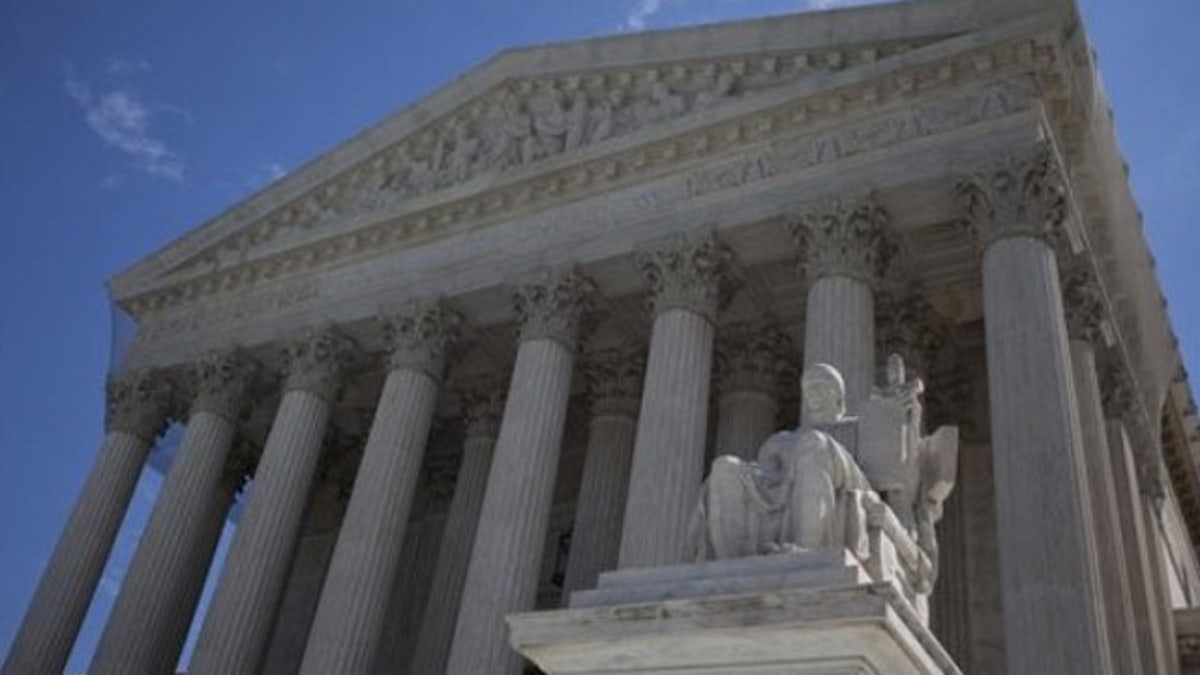
The U.S. Supreme Court building in Washington D.C. (AP)
The U.S. Supreme Court is completing its work on several high profile cases this term, including a challenge to the constitutionality of the Affordable Health Care Act. Recently, the President and various congressional leaders have urged the “conservative” members of the Court to defer to the elected branches and uphold the law on the basis of Congress’ power to regulate commerce, saying to do otherwise would be an act of judicial activism.
In the 1803 case of Marbury v. Madison, the Court established the authority of the judiciary to review the constitutionality of executive and legislative acts. In evaluating a law passed by Congress, judges should begin with the presumption that a law is constitutional. However, the presumption of constitutionality is just that –a presumption. This is only the beginning of the judicial inquiry, not the end.
The framers of the Constitution provided federal judges with life tenure to insulate them from political pressure. For that reason, I doubt the Justices feel bullied by comments from other government officials. However, to question publicly the motives of the Justices before they render a decision on a high profile, politically charged case regrettably may give the impression to the general public that the Court is either unprincipled, incompetent, or subject to intimidation.
I could not disagree more with those who argue in advance of a decision in this case that the Court would be engaged in judicial activism if it struck down the law. Without first understanding how the Justices arrived at their decision, such criticism is premature and dangerous to the Court as an institution because its power and legitimacy is dependent upon the public’s belief in the integrity of the Justices deciding cases free from political or personal considerations.
Judges should be accountable for their decisions. History tells us they sometimes get it wrong; and when judges err they rightly should be subjected to constructive criticism based on a full understanding of the reasoning behind their decision. It is through this form of thoughtful dialogue that our courts engage in self correction. Criticism is appropriate, threats and intimidation are not.
John Roberts and Sam Alito were recommended by me and others to President George W. Bush because of their understanding of the limited role of the judiciary in our system of government. We anticipated they would exercise judicial restraint to hear only actual cases and controversies, and give appropriate deference to the elected branches on questions of policy. I believe they will be thoughtful and disciplined in reaching a decision grounded in the Constitution and respectful of the checks and balances in our system of government.
Alberto R. Gonzales is the former United States Attorney General and the former Counsel to President George W. Bush. He is currently the Doyle Rogers Distinguished Chair of Law at Belmont University, and Counsel at the Nashville law firm of Waller Lansden.
Follow us on twitter.com/foxnewslatino
Like us at facebook.com/foxnewslatino












































